Is it possible to start a small business producing concrete blocks?
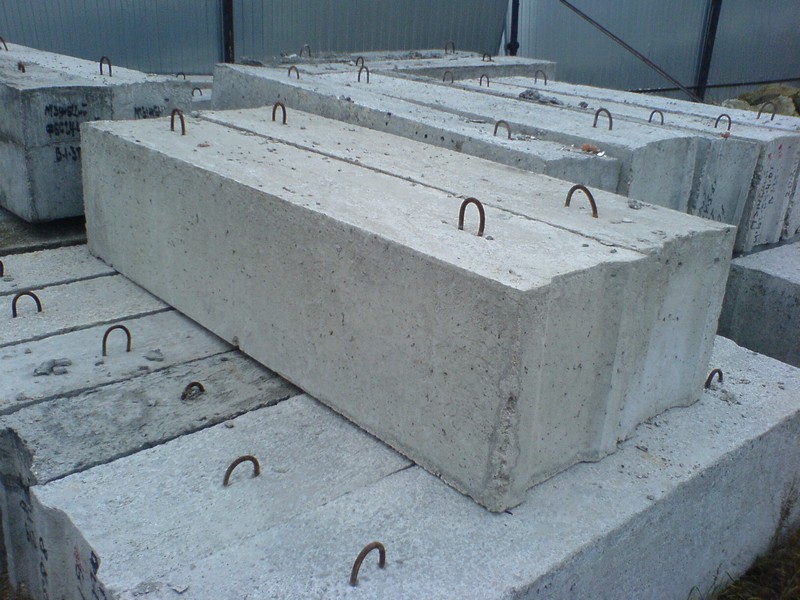
💡 Want more business insights? Stay ahead of the curve with our exclusive updates!
👉 Join our Telegram channel for daily business ideas and expert tips.
👉 Follow us on Facebook to never miss a trend or update!
Don’t just read—connect, grow, and innovate with us today!
Even during a crisis, construction of various projects doesn't stop. Sometimes, on the contrary, it even grows in scale. Naturally, any structure won't be complete without a proper foundation. Therefore, the production of concrete blocks will always be in demand. But the question arises - can this type of business be considered a startup with relatively small investments, or is such production suitable only for large factories? The answer is quite simple. Thanks to modern production methods of concrete blocks, such a business can be organized on a small scale with minimal costs. Let's try to understand what is needed for this.
Choosing the Manufacturing Method
Today, the construction industry primarily uses two main methods for forming concrete blocks:
1) Vibration Pressing.
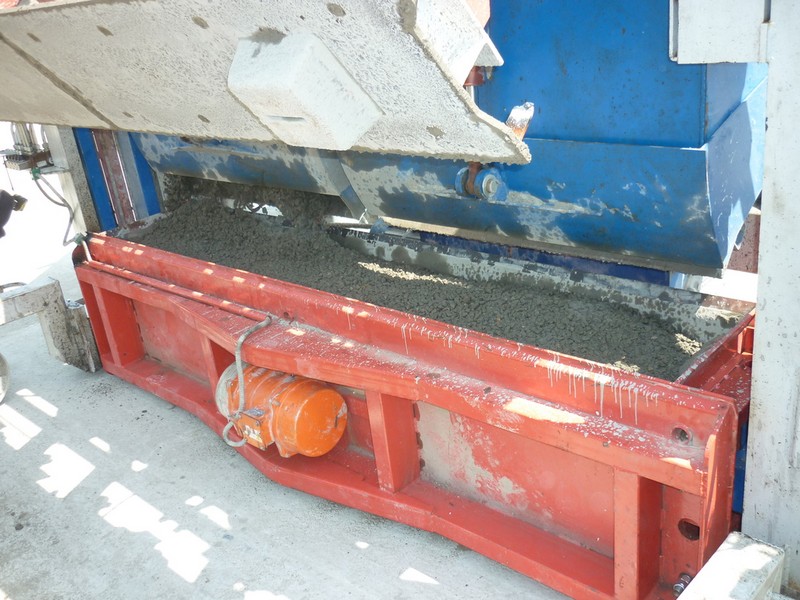

Thanks to this method, it's possible to set up concrete block production even in a small workshop with minimal production costs. It involves the use of a special dry mix that is formed into blocks in special vibrating molds. This is done right on the floor, where demolding also takes place. The only technical requirement for the space is a flat, solid floor that can dampen vibrations.
2) Pouring commercial concrete into molds and steam curing.
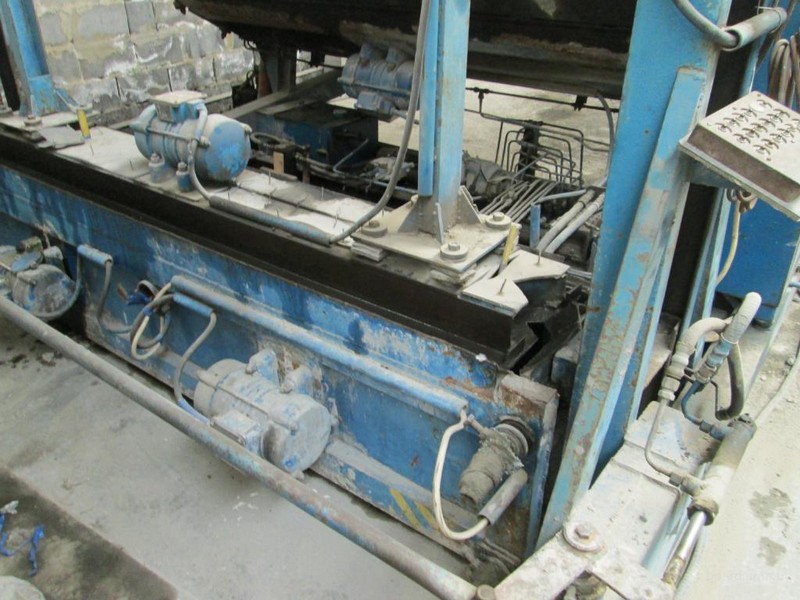
This is a more complex and industrial method of making concrete blocks. While production speed increases and block variety expands through this method, setting up such production requires a high level of automation and complex equipment (steam generators, rail trolleys, lifting mechanisms, etc.).
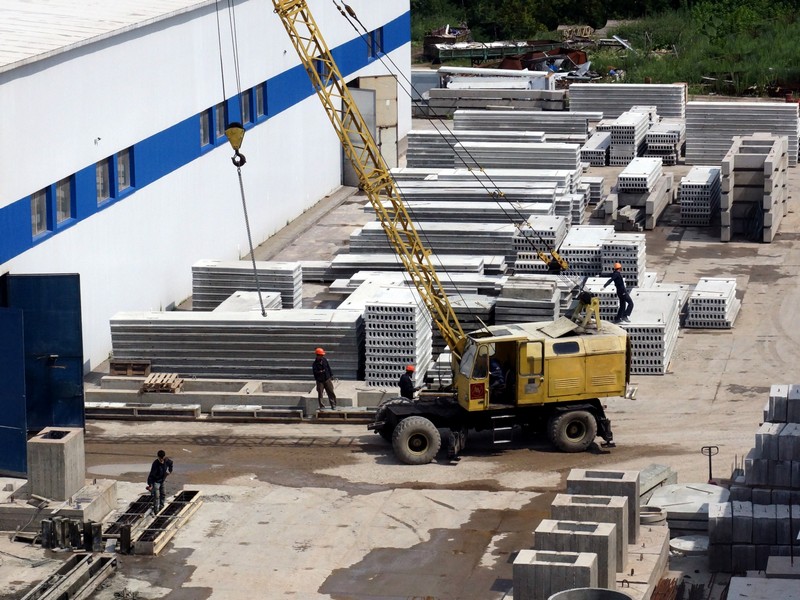
Therefore, for a small workshop, the vibration pressing method is ideal. If you aim to establish production on an industrial scale, steam curing should be considered.
Production Specifics
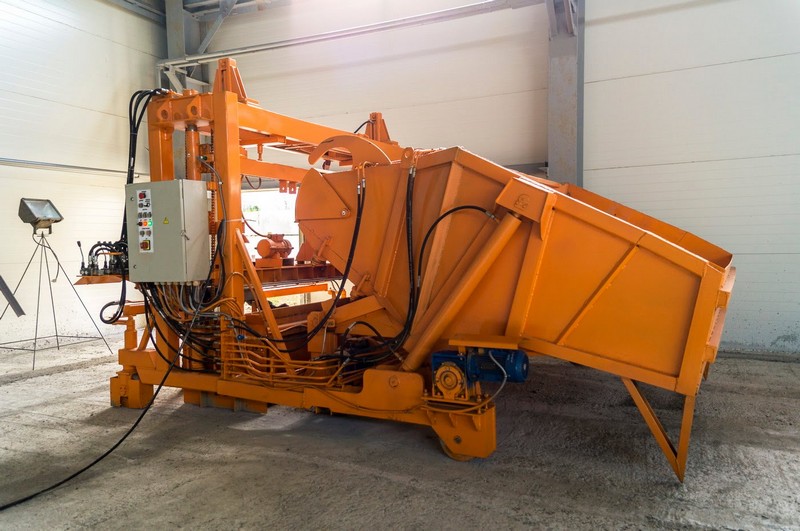
If you opt for producing concrete blocks through vibration pressing, the first step is to purchase vibrating molds. They can hold 2 or 4 blocks each. With one such mold, you can produce up to 32 concrete blocks per day. Initially, 2-3 vibrating molds are sufficient to start a full-fledged production.
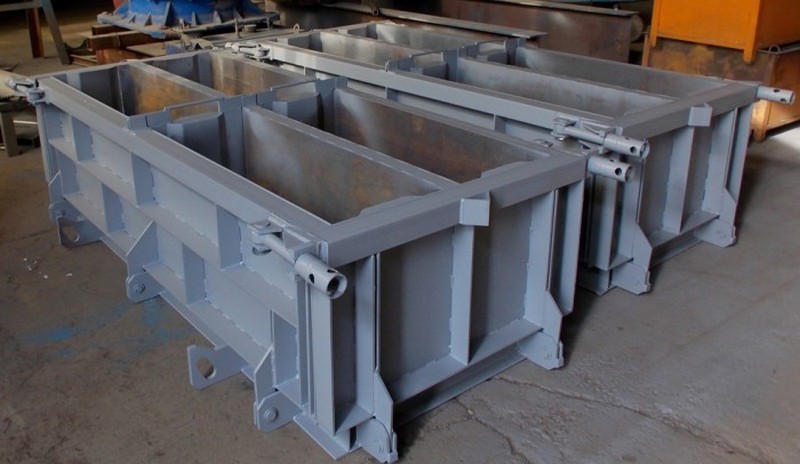
You will also need rotary concrete mixers and lifting mechanisms.
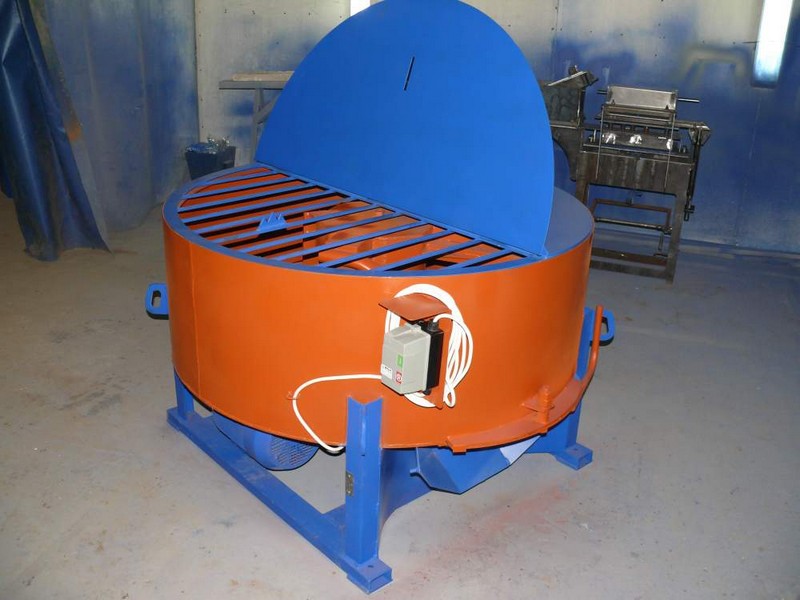
When choosing a lifting mechanism, you can base your decision on your initial budget. It could be a gantry crane, electric hoist, or a simple forklift. The key requirement is a lifting capacity of up to 1.4 tons.
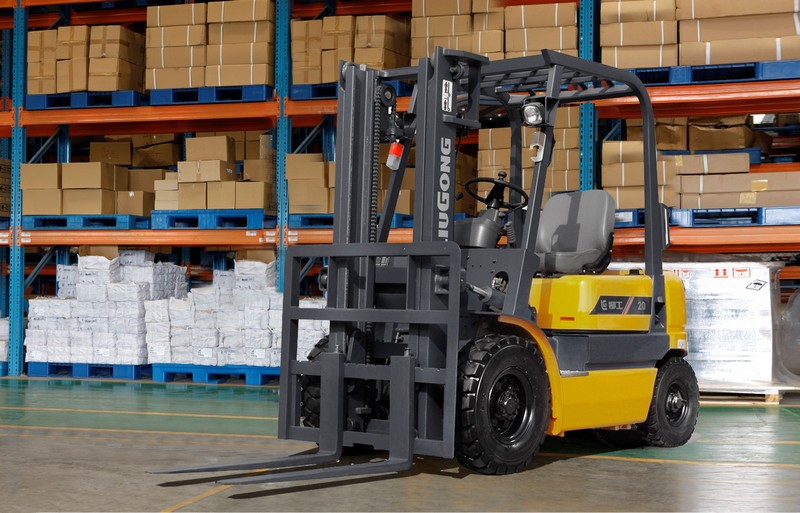
In terms of space, small concrete block production through vibration pressing typically operates seasonally during the summer months (from April to October). This is due to the usual winter "breaks" in small construction businesses in most regions. Therefore, such production can be organized even under a canopy in an open area with a flat, solid surface of about 250-300 square meters. If you plan to work through the winter, it's better to find suitable indoor space in industrial buildings.

Regarding labor, to start a concrete block production business through vibration pressing (using 2-3 vibrating molds), initially, 2-3 hired workers will suffice.
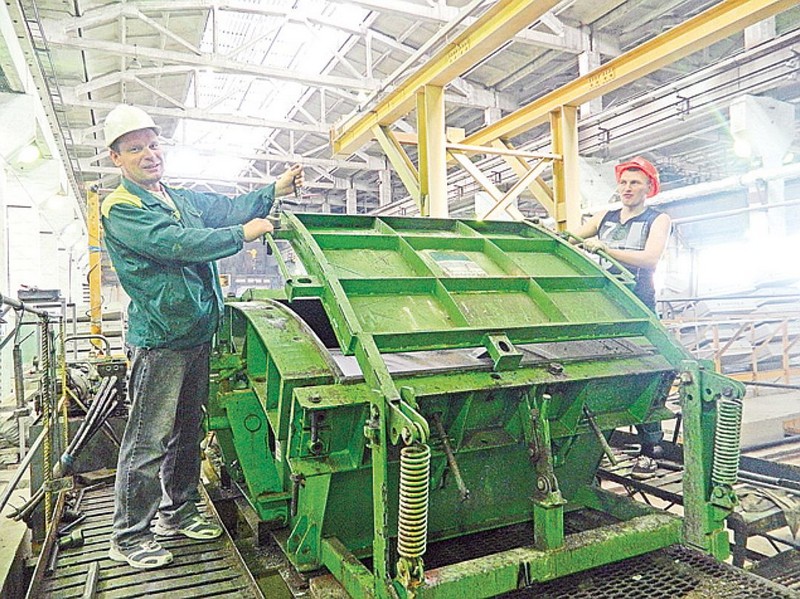
Financial Aspect
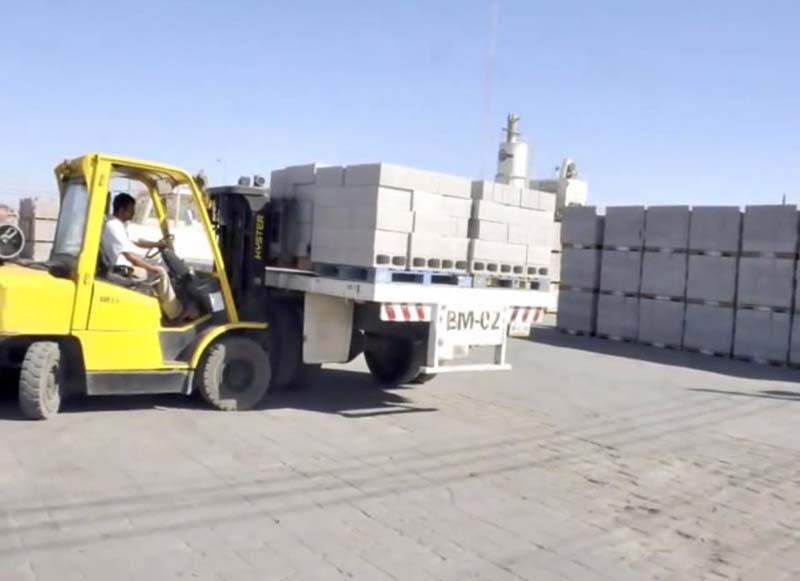
In most cases, a concrete block production business becomes profitable after 2-3 months of continuous operation. In practice, it looks like this:
1) Initial Capital. To set up such production, you will need around $10,000. This amount will cover the purchase of vibrating molds and other equipment, procurement of raw materials (cement, sand, gravel), labor costs, and plot rent.
2) Cost of one concrete block averages $15 with a 30% mark-up. One vibrating mold can produce up to 35 blocks per day, two molds - 70 blocks. Therefore, with two molds, you can profit $315 per day or $7,500 per month.
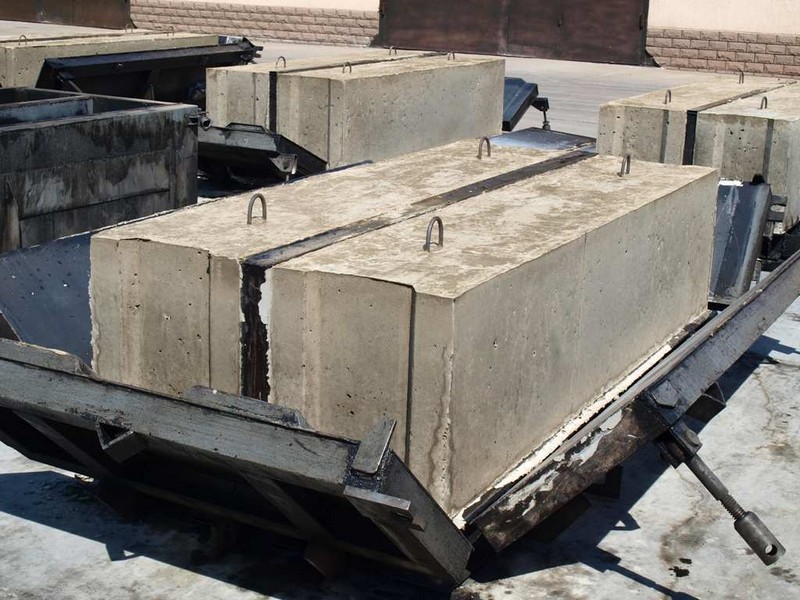
Following this approach, the business will break even in just a couple of months. These calculations are fairly approximate and do not consider regional variations and unforeseen details. Additionally, a well-established sales model is crucial (preferably targeting small construction projects in your region to minimize transportation costs). Despite these nuances, a concrete block production business remains potentially lucrative, quickly recovering investment with minimal initial outlay.
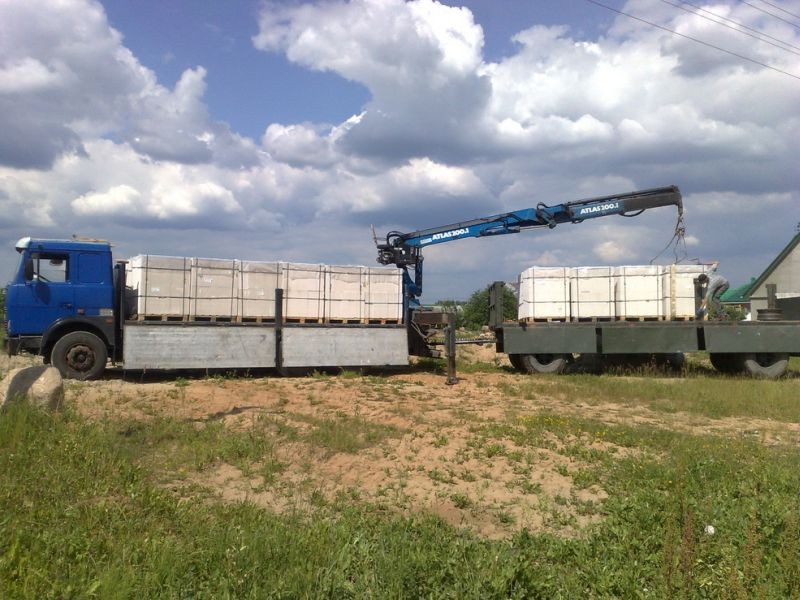
Don't forget to share this information with friends on social media and introduce them to new business ideas every day.
💡 Want more business insights? Stay ahead of the curve with our exclusive updates!
👉 Join our Telegram channel for daily business ideas and expert tips.
👉 Follow us on Facebook to never miss a trend or update!
Don’t just read—connect, grow, and innovate with us today!





































.jpeg)













Note: Comments are being moderated and may take a while to appear. There is no need to resubmit your comment.